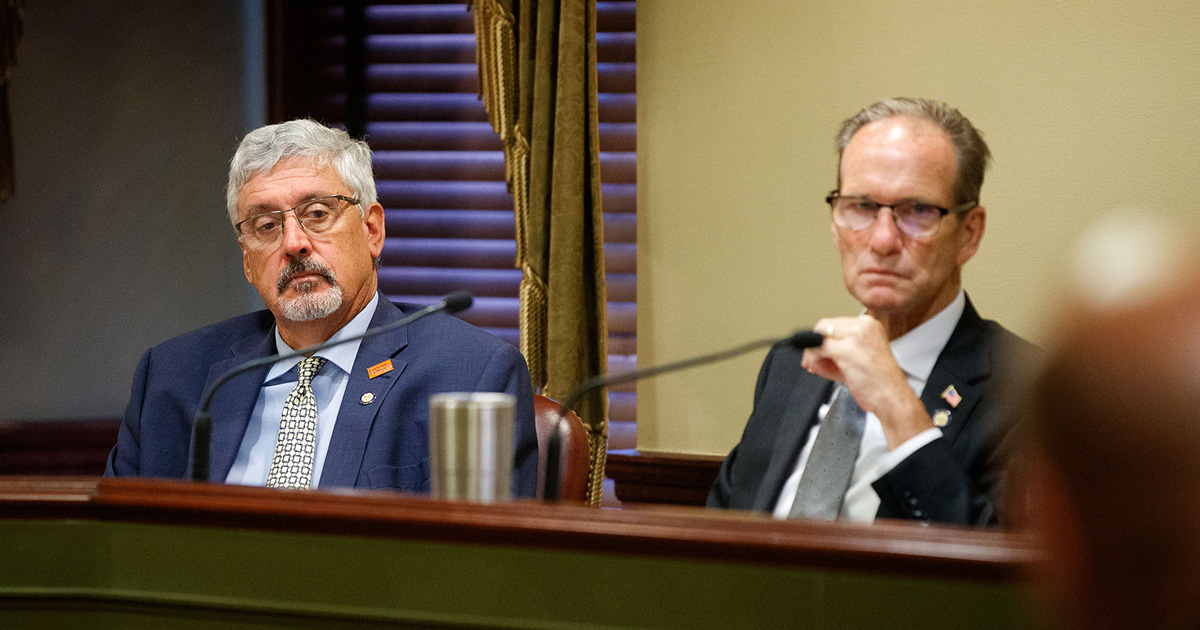
HARRISBURG, PA – May 2024 – Senators Tim Kearney (D – Delaware), and John Kane (D – Chester/Delaware) recently announced plans to introduce legislation to establish a pilot program for school-based youth courts.
Schools will receive support to implement trauma-informed youth courts through the School-Based Youth Court Pilot Program. Youth courts are peer-led programs for minor offenses, providing an alternative to traditional disciplinary systems. These courts promote positive peer accountability, improving student-teacher relationships and school climate, and providing educational benefits like civic engagement, public speaking, conflict resolution, and leadership skills. They emphasize accountability and leverage restorative justice to disrupt the school-to-prison pipeline.
“I believe that we need better ways to address conflict in school and to keep our kids in the classroom,” said Senator Kearney. “Youth courts can be a powerful diversion program that emphasizes healing and restorative justice. Studies show that exclusionary disciplinary practices like repeated suspensions or expulsions alienate students from their communities and put them on a path toward further antisocial and eventually criminal behavior. Youth courts offer a different pathway and have positive effects on student-behavioral outcomes and their future success, ensuring that students get the support they need.”
“I have always been an advocate for second chances, especially for our young people,” said Senator Kane. “We’ve seen the harm that punitive disciplinary actions can cause in our schools, and we’re pushing for change. Positive peer influence is one of the most effective methods to improve behavior, and Youth Court provides a structured platform for young folks to put accountability into practice and help their peers. This Pilot Program is an investment in our kids, our schools, and our future, in an effort to end the school-to-prison pipeline.”
Through a pilot program, this legislation would:
- Establish a Youth Court Resource Center in state government to assist schools in the development of youth court programs and other restorative justice measures.
- Include annual grants to school entities – including public middle and high schools, public charter schools, school districts, or intermediate units.
- Encourage school partnerships with colleges and law schools, local Bar associations and other legal groups, and other community groups and institutions to assist in youth court training and implementation.
- Provide critical data to measure the efficacy of youth courts as a trauma-informed approach to improve disciplinary and educational outcomes for participating students.
A growing number of school youth courts already operate in Pennsylvania and other states. While some jurisdictions use youth courts not just for school-based violations but also as an alternative to the juvenile justice system, this legislation would focus solely on school-based incidents.
The full co-sponsorship memo is available online.
###
